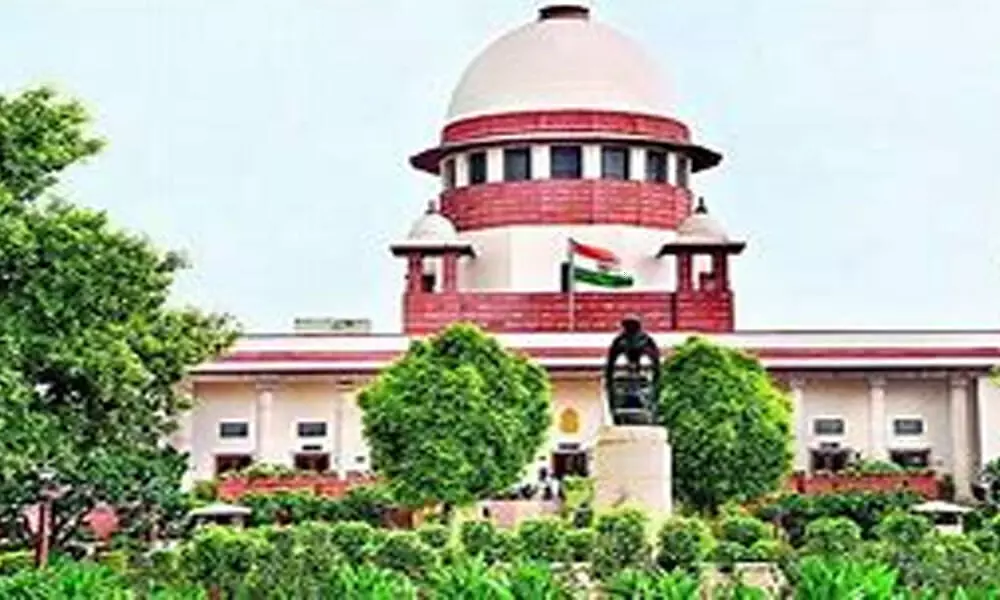Transfer pricing litigations may go up at High Courts
The apex court in a recent judgement said that high courts can examine whether the ITAT followed the right rules while deciding on transfer pricing cases
image for illustrative purpose

What is transfer pricing?
• It refers to pricing of goods and services within an organisation like a parent company to its subsidiary, which determines tax liability of an Indian subsidiary of a foreign company
• There is often a dispute between foreign companies and Indian tax authorities in calculating tax liability
New Delhi: The Supreme Court judgement that high courts can examine whether the ITAT followed the right rules while deciding on transfer pricing cases will result in increase in litigations at the high court level, as both taxpayers and I-T department may go for appeal against adverse tribunal orders, tax experts said. The Supreme Court in a judgement set aside Karnataka High Court judgment in a batch of matters led by Softbrands/SAP Labs on issue of comparables selection in transfer pricing cases and whether it constitutes a 'substantial question of law'.
Transfer pricing refers to pricing of goods and services within an organisation like a parent company to its subsidiary, which determines tax liability of an Indian subsidiary of a foreign company. There is often a dispute between foreign companies and Indian tax authorities in calculating tax liability. The Karnataka HC had earlier held that in the matter of transfer pricing, determination of the arm's length price by the Income Tax Appellate Tribunal (ITAT) shall be final and cannot be subject matter of scrutiny by the High Court under Section 260A as no substantial question of law arises in such cases.
The Supreme Court, however, ruled that there cannot be any absolute proposition of law that in all cases where the Tribunal has determined the arm's length price the same is final and cannot be the subject matter of scrutiny by the High Court in an appeal under Section 260A of the IT Act. IndusLaw Partner Shruti KP said the apex court has reversed the decision of the Karnataka High Court and held that the determination of arm's length price by a tribunal cannot be considered as final, and even issues in relation to selection of comparables /filters can be challenged before a High Court.
"The SC ruling will result in increase in litigation at the high court level, as both taxpayers and Department, may prefer appeals to the high court against adverse tribunal orders, even in respect of comparable and filters used," Shruti said. Price Waterhouse & Co LLP Partner Eric Mehta said the Supreme Court ruling suggests that the high courts can examine whether the tax tribunals followed the right rules, and if not, it's a legal matter that can be litigated in the High Court. In other words, this ruling highlights that obtaining certainty on transfer pricing matters through regular litigation channels could continue to be a long-drawn process.

